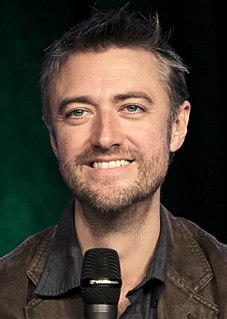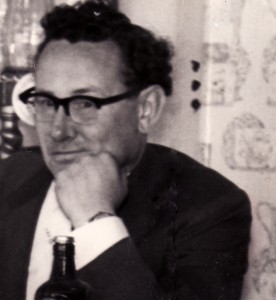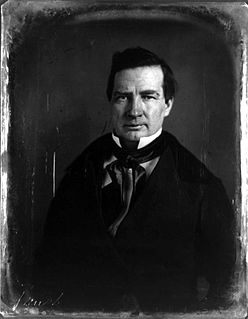A Quote by Jean-Paul Sartre
I committed the first crime by creating men as mortals. After that, what more could you do, you the murderers? Come on; they already had death in them: at most you simply hastened things a little.
Related Quotes
Every time a crime was committed by a Muslim, that person's faith was mentioned, regardless of its relevance. When a crime is committed by a Christian, do they mention his religion? ... When a crime is committed by a black man, it's mentioned in the first breath: 'An African American man was arrested today...' But what about German Americans? Anglo Americans? A white man robs a convenience store and do we hear he's of Scottish descent? In no other instance is the ancestry mentioned.
I nodded. A man's world. But what did it mean? That men whistled and stared and yelled things at you, and you had to take it, or you get raped or beat up? A man's world meant places men could go but not women. It meant they had more money,and didn't have kids, not the way women did, to look after every second. And it meant that women loved them more than they loved the women, that they could want something with all their hearts, and then not.
I was remembering the things we had done together, the times we had had. It would have been pleasant to preserve that comradeship in the days that came after. Pleasant, but alas, impossible. That which had brought us together had gone, and now our paths diverged, according to our natures and needs. We would meet again, from time to time, but always a little more as strangers; until perhaps at last, as old men with only memories left, we could sit together and try to share them.
Crimes were committed to punish crimes, and crimes were committed to prevent crimes. The world has been filled with prisons and dungeons, with chains and whips, with crosses and gibbets, with thumbscrews and racks, with hangmen and heads-men — and yet these frightful means and instrumentalities have committed far more crimes than they have prevented.... Ignorance, filth, and poverty are the missionaries of crime. As long as dishonorable success outranks honest effort — as long as society bows and cringes before the great thieves, there will be little ones enough to fill the jails.
As I sat down, though, I realized that you can get used to certain luxuries that you start to think they're necessities, but when you have to forgo them, you come to see that you don't need them after all. There was a big difference between needing things and wanting things--though a lot of people had trouble telling the two apart--and at the ranch, I could see, we have pretty much everything we'd need but precious little else.
The fire of my tribulations had not simply been pain to be endured. It had been an agent of transformation. After all that I'd been through, I'd changed. Not for the worse, I was pretty sure--at least not yet. But only a moron or a freaking lunatic could have faced the things I had and remained unfazed by them.
A few days after we came home from the hospital, I sent a letter to a friend, including a photo of my son and some first impressions of fatherhood. He responded, simply, 'Everything is possible again.' It was the perfect thing to write, because that was exactly how it felt. We could retell our stories and make them better, more representative or aspirational. Or we could choose to tell different stories. The world itself had another chance.







































